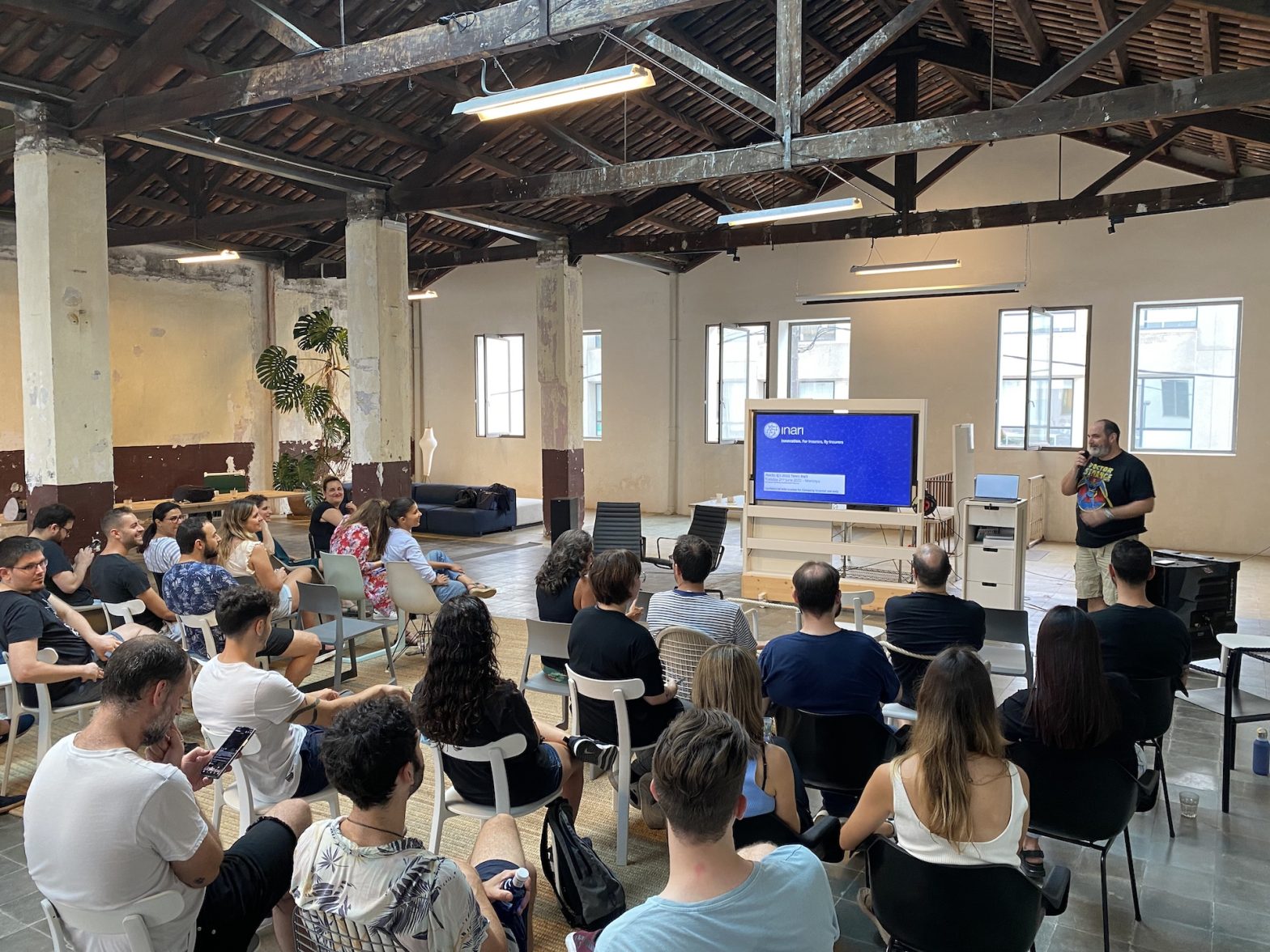NEWS & EVENTS
Rethinking data to strengthen reinsurer-MGA ties

Frank Perkins, CEO and founder, Inari
Early 20th century cartoonist Heath Robinson would have struggled to depict the idiosyncrasies of the (re)insurance distribution chain, which often resembles a uniquely inefficient production line.
Each worker in the metaphorical line is processing one of the end product’s key components – data – separately and from scratch. A type of institutional amnesia sets in when it passes down the chain. This costs time and money, creates scope for errors, and means that much of the (re)insurance sector’s highly informed and engaged workforce is tied up in mundane work instead of freed for creative tasks, such as business development and engagement with risk transfer partners.
Carriers are also missing out on the high-quality analysis conducted by MGAs at the start of the transaction. Reinsurance has been a major driver of the remarkable growth of the coverholder sector, whose expertise has enabled reinsurers to expand in the hardening market in a cost-effective way, whether through insuring primary carriers’ delegated portfolios or using coverholders to develop programs or supply outsourced services for themselves. MGAs now account for more than10% of the roughly £49 billion ($64.6 billion) of GWP written in the London market via more than 350 companies. They are also gaining traction in the EU, with corporate finance adviser MarshBerry estimating that there are around 500 MGAs in Continental Europe.
The benefits of partnering with coverholders are well documented, and include gaining access to expert underwriters, niche markets, emerging risks, new geographies, and cutting-edge technology. But as long as commercial considerations, stubbornly embedded institutional processes, and understandable concerns about data privacy and security remain obstacles to data sharing, reinsurers engaged with this innovative sector aren’t reaping the full benefits.
To rectify this the market needs a change in mindset about data and should view this key commodity from a whole-value-chain perspective. For distribution partners, data should be seen as a river, in which they’re all entitled to fish and which they all have a responsibility to keep clean and free from pollutants. To labour the water analogy, what we have currently is a series of ponds where the water quality is sometimes questionable and the fish none too healthy.
Alongside this change in mindset, the right technology can be transformational. The bordereaux traditionally supplied by MGAs to the carriers they work with are historic. Solutions offered by Inari, by contrast, give reinsurers the MGAs’ most up-to-date data in seconds by providing access to coverholders’ API platforms. We can remove the obstacles to more effective data sharing, while guaranteeing compliance and security. With functionality taken care of, MGAs and reinsurers are freed up to have more meaningful interactions.
Aside from the specific issues hampering the more effective use of data, there are two, divergent approaches to technology in general to beware of. One is to fall for the latest shiny, new thing and waste millions on a solution that doesn’t meet the actual need you have. The other is to fail to be open to change and build clunky processes around the technology available rather than rethink the processes themselves.
Cool heads are needed, along with time to talk to vendors who understand (re)insurance. Happily (re)insurance practitioners are increasingly working in the Insurtech space, ready to help carriers transform the chain of production from Heath Robinson-esque monstrosities to sleek and streamlined processes where vital data is shared.


